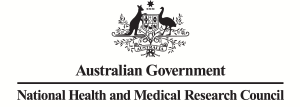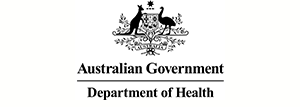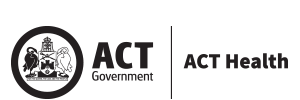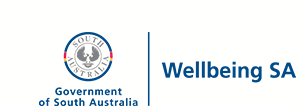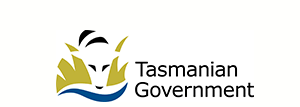Building an economic model to assess alcohol interventions

Status completed
Start Date
End Date
Alcohol is associated with a significant burden of disease in Australia. Understanding the most effective and cost-effective interventions to address alcohol use is required to reduce its impacts on the Australian population.
We aim to develop an epidemiological and economic model to assess the potential cost-effectiveness of policy relevant population-level interventions to address alcohol use in Australia.
Introduction
This project will continue to produce resources beyond its funding end date.
Featured project resources
-
How is health economics used in chronic disease prevention?
Resource category:Factsheets
Date -
The value of partnership research to reduce harm from alcohol use
Resource category:Podcasts
Date
About
Building an economic model to assess the cost-effectiveness of alcohol interventions at the population level
Project titleWhat is the issue?
Alcohol is a harmful, toxic and addictive substance that causes many health conditions, injuries and deaths. Alcohol use is linked to 29 diseases and injuries, mainly various cancers and transport accidents but also cardiovascular diseases, suicide and self-inflicted injuries. In Australia, 4,090 deaths (4.09% of all deaths) were attributable to alcohol consumption in 2018 and 4.46% of the overall health burden was attributable to alcohol use.
How did the project address the issue?
This project will develop an epidemiological and economic model that predicts the health and economic impact of several policy-relevant strategies and scenarios to reduce alcohol consumption in the Australian population. The findings of this model will assist making the case for greater policy action in this area.
Relevance for policy and practice
An alcohol model that can predict the long-term health and cost impacts of policies to reduce the consumption of alcohol will be useful for policy makers to make the economic case for these policies. The model has been developed with input from policy makers to ensure it is capable of evaluating a range of policy-relevant interventions and producing outputs relevant to all stakeholders.
Outcomes
- Ability to quantify the economic case for policy action on reducing alcohol consumption.
- Improved alcohol policies.
- Infrastructure to more rapidly assess the impact of proposed alcohol policies.
- Lower alcohol-related health and economic burden.
News and media
-
Strategic prevention research seminar
News Category: Prevention Centre NewsDate -
Alcohol economics and prevention
News Category: Prevention Centre NewsDate -
September Chronicle newsletter
News Category: Prevention Centre NewsDate -
May Chronicle newsletter
News Category: Prevention Centre NewsDate -
The value of prevention: reducing alcohol consumption
News Category: Prevention Centre NewsDate
Resources
-
How is health economics used in chronic disease prevention?
Resource category:Factsheets
Date -
The value of partnership research to reduce harm from alcohol use
Resource category:Podcasts
Date
People
Lead investigators
Project team
-
Phuong Nguyen
Deakin University -
Moosa Al Subhi Moosa Al Subhi has finished working with the Prevention Centre.
Deakin University -
Natasha Hall
Deakin University -
Dr Leopold Aminde
Griffith University -
Dr Linda Cobiac
Griffith University -
Dr Mary Wanjau
Griffith University -
Mary Rose Angeles Mary Rose Angeles has finished working with the Prevention Centre.
Deakin University














